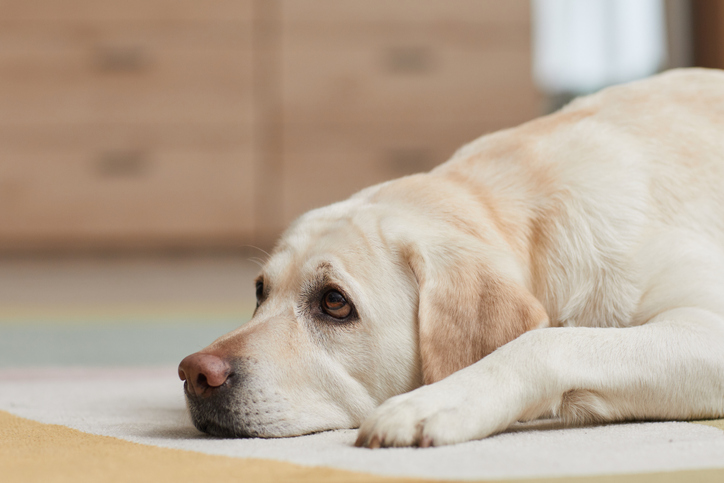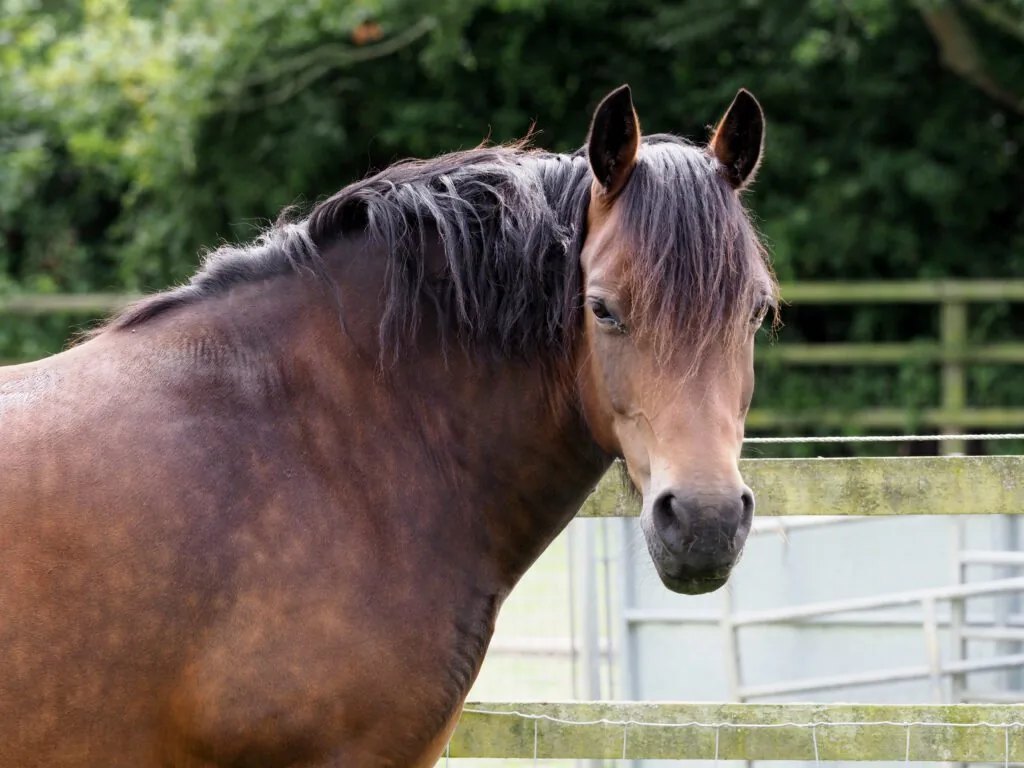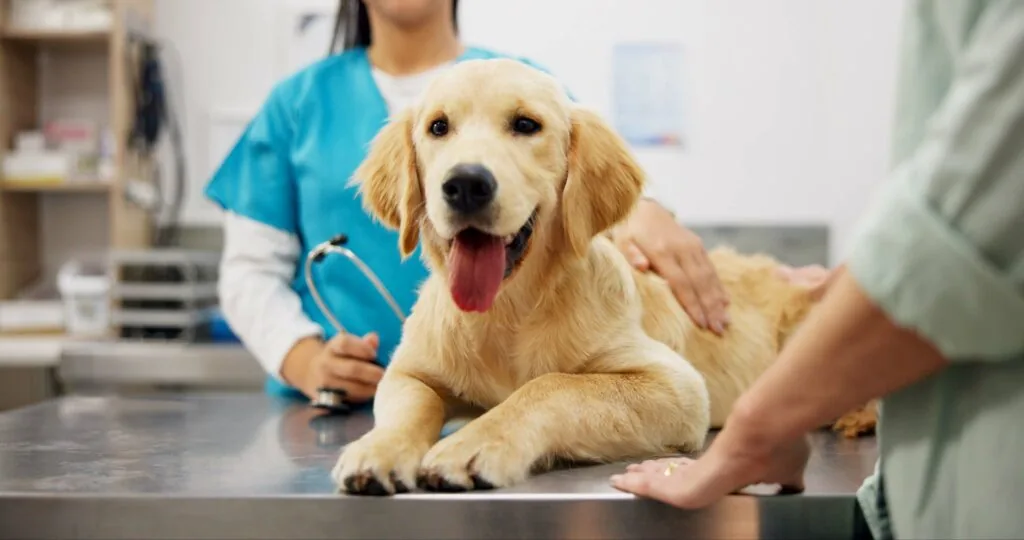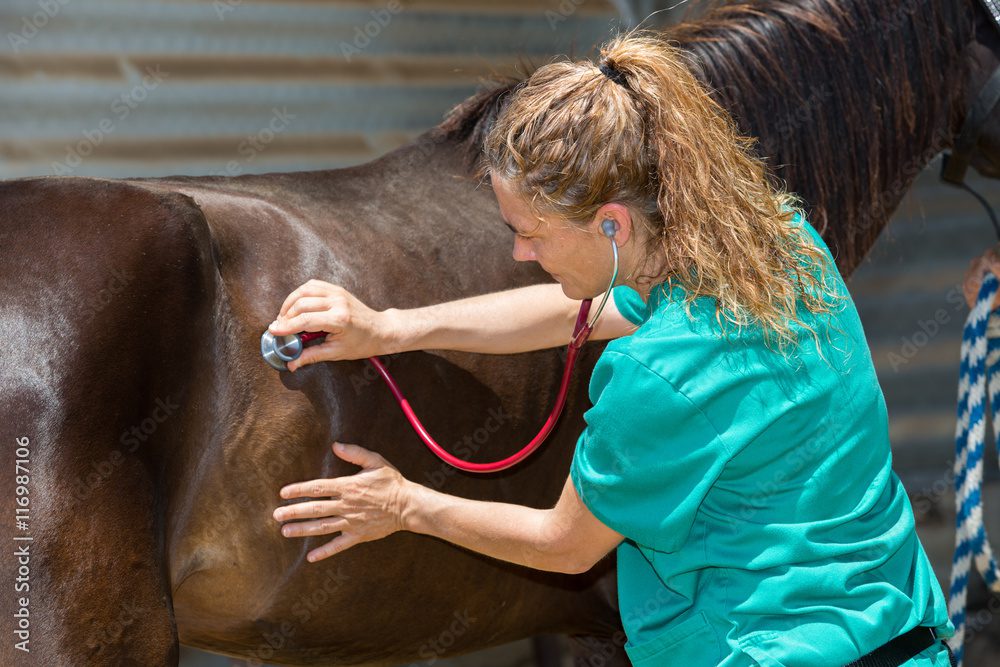Causes of Dog Obesity and How to Prevent It in Bowling Green, KY
Causes of Dog Obesity and How to Prevent it in Bowling Green, KY
Dogs are no different from humans, as they can struggle with obesity as well. It’s important to know the appropriate weight for your dog and learn how to keep your pup in a healthy weight range. Dog obesity is a serious problem that can lead to health complications so you need to be diligent about your dog’s weight.
Some of the main reasons for obesity in your dog include a poor diet, low activity level, and illnesses like hypothyroidism and Cushing’s disease. There are some ways to prevent your dog from becoming obese. You must be careful about what you feed your pup and make sure they get regular exercise. Please read this article to find out more about the causes of dog obesity and how to prevent it.

What Causes Obesity in Dogs?
Obesity is when there is an excessive amount of weight on the body. There are a plethora of dangers that come with obesity. Obesity has a negative effect on your dog’s organs and body systems and is the most common in middle-aged dogs between ages five and ten.
The following are the most significant causes of obesity in dogs:
Environmental Contributors
Pet parents can sometimes make the mistake of feeding their dog more calories than they are burning off. If your pet is obese, you could also provide them with the wrong foods. The common culprits include:
- Table scraps
- Fatty foods
- Too many calories
- Too many treats
Lack of Exercise
Lack of exercise is another factor in obesity. Regular exercise strengthens your pup’s heart and decreases their chances of having heart disease. It can stimulate your dog’s digestive system, as many dogs who do not get enough exercise are often constipated. There are countless benefits for your dog when they achieve an adequate amount of movement. The best advantage for your dog is that they have more weight control, better sleep, and they experience overall good health.
Physiological Factors
As a dog ages, it is typical that they decrease their activity level and don’t burn as many calories. If you don’t make alterations in their diet to suit the reduction in exercise, your pup may pack on the pounds.
Spay/Neuter
Spay/Neuter can contribute to weight gain. A decline in natural sex hormones can zap your pup’s energy and make them feel hungrier. You may need your vet’s help to develop the appropriate food plan for a dog who has gained weight due to spaying or neutering.
Certain Medications
Several prescription drugs, like prednisone, can cause weight gain in dogs. When used for an extended period, it can cause weight gain. Phenobarbital and Glucocorticoids can also contribute to weight gain. Phenobarbital increases hunger, and Glucocorticoids can lead to abdominal fat and weight gain.
Hypothyroidism
The thyroid gland releases hormones that control your pup’s metabolism, and a thyroid condition could trigger weight gain in a dog. The symptoms of hypothyroidism in dogs include:
- Low energy
- Hair loss
- Weakness
- Behavioral issues
Weight gain without an increase in appetite is the most common symptom. Giving your dog with hypothyroidism the appropriate nutrition and food will help support their overall thyroid health.
Cushing’s Disease
High cortisol levels can increase appetite in dogs with Cushing’s. Cushing’s disease can also cause your pup to retain fluids, contributing to weight gain. The symptoms of hypothyroidism and Cushing’s disease are similar.
The best way to get an accurate diagnosis is to test your dog’s cortisol levels. Dogs with Cushing’s disease may also have limited hind leg movement and function.
How Can You Prevent Your Dog from Getting Obese?
There are some great ways to prevent your canine from becoming obese. Preventing obesity in your dog will increase their lifespan and provide them with a better quality of life. Here are some ways that you can inhibit obesity in your dog:
Give Your Dog Appropriate Nutrition
Feed your dog the right dog food for them and serve it in measured portions a couple of times a day. This regimen will stoke their metabolism If you aim to help your dog lose weight, there are dog foods formulated explicitly that can support this goal. Devise a nutrition plan that addresses your pup’s individual needs. Ask your veterinarian for their recommendation concerning which food would be best.
Do not feed your dog table scraps. People need more calories than dogs, and if you give them people food, you could be feeding them too much.
Make Sure Your Dog Gets Regular Exercise
Take your pup for frequent walks and play with them often. Exercise strengthens the heart and keeps your dog’s weight in check. When walking your dog, try to walk them at a pace at which they can get their heart rate up. They can also burn extra calories by playing frisbee with you at the park.
Regular Vet Visits Can Spot Problems Early
Your veterinarian near Bowling Green, KY will weigh your dog regularly, and they will tell you if your pup needs to lose weight. They will also tell you whether your dog falls within a healthy weight range. Other aspects of regular physicals include waist circumference and whether they can feel your dog’s rib cage.
Dog Breeds That are More Prone to Obesity
Certain breeds are more prone to becoming obese than others. Pet parents should educate themselves about their breed of dog and learn how to keep them healthy. Some examples of breeds that are more susceptible include:
- Terrier Breeds
- Spaniels
- Dachshunds
- Beagles
- Labrador Retrievers
Remember that even if specific breeds are more prone to obesity, any type of dog can become obese. If they overeat or exercise too little, it is a recipe for impending health issues.
Contact Your Veterinarian in Bowling Green, KY if Your Dog is Obese
Overweight dogs are more likely to suffer from various diseases and illnesses than dogs at a normal weight. Many factors can cause dog obesity such as: hypothyroidism, a diet too high in fat, and little exercise. As pet owners, it is important to try to prevent dog obesity so your dog can live a happy and healthy life.
Speak to your veterinarian at Southcentral Veterinary Services about dog obesity by calling (270) 282-2564. We are happy to help you find the type of diet that is best for your dog and the ideal weight for your canine companion.
Share This
Recent Posts
About Southcentral Veterinary Services
Southcentral Veterinary Services is here to ensure that you and your pet can access a variety of high-quality, progressive medical services. Our aim is to serve our patients and clients with integrity, compassion, and a focus on being your primary family vet.



